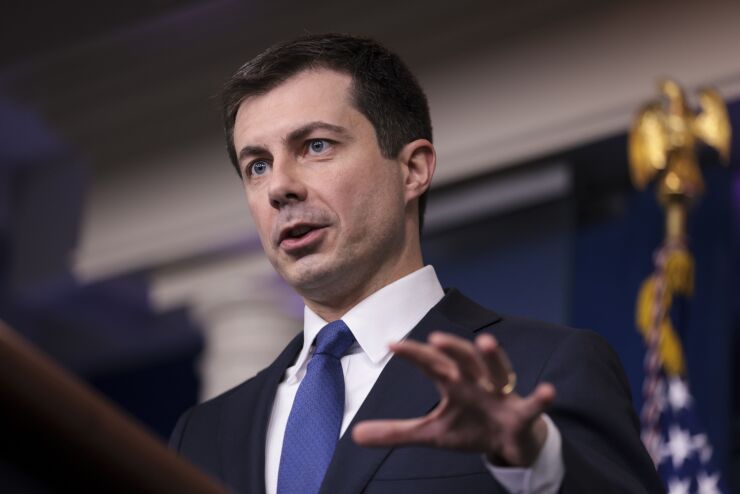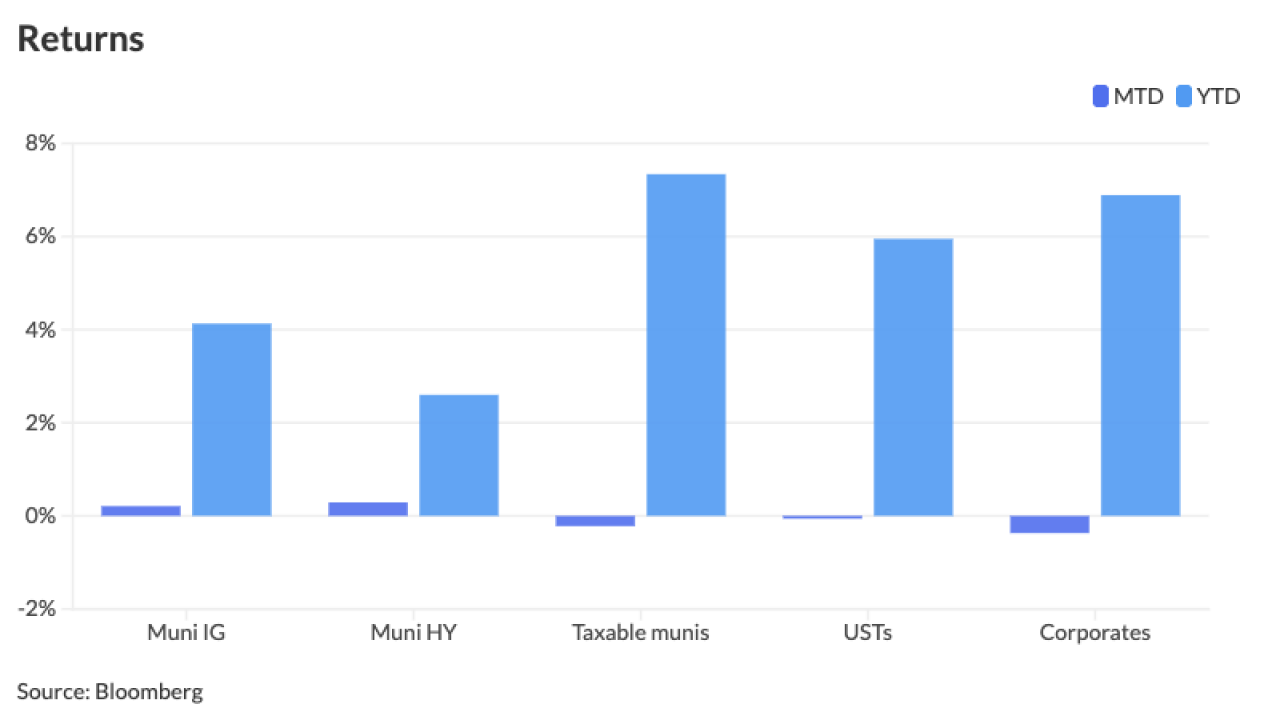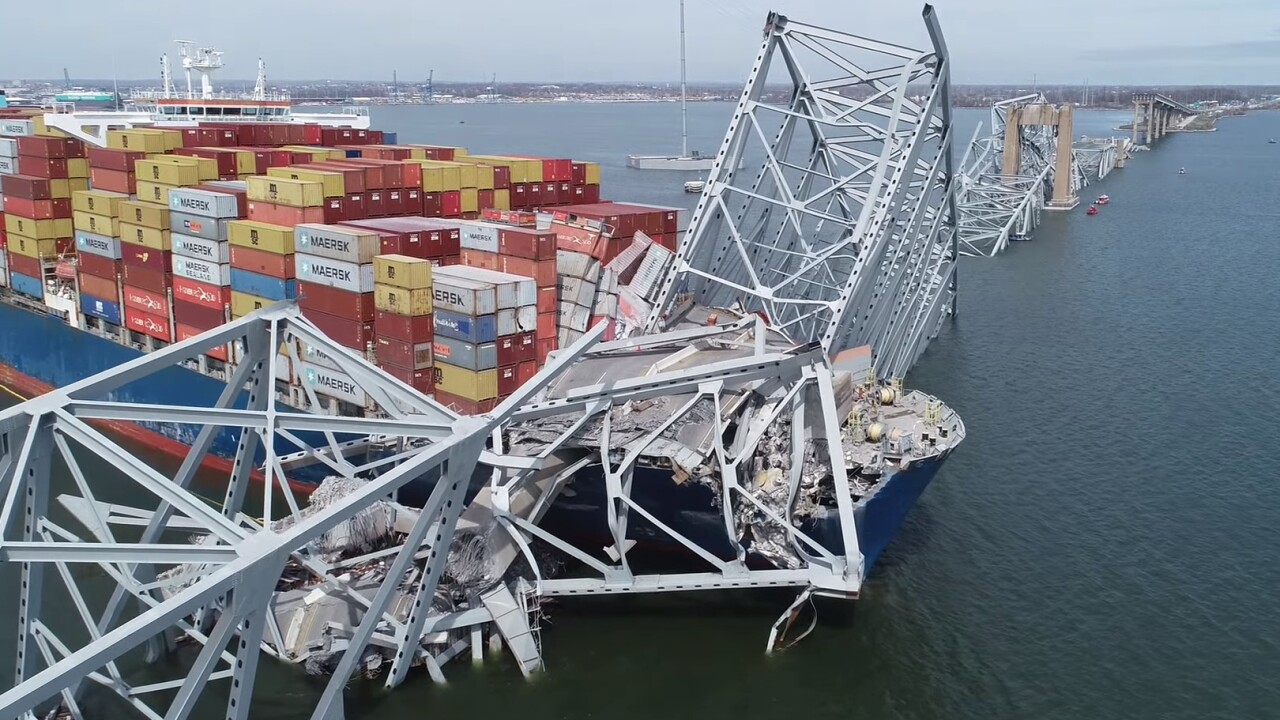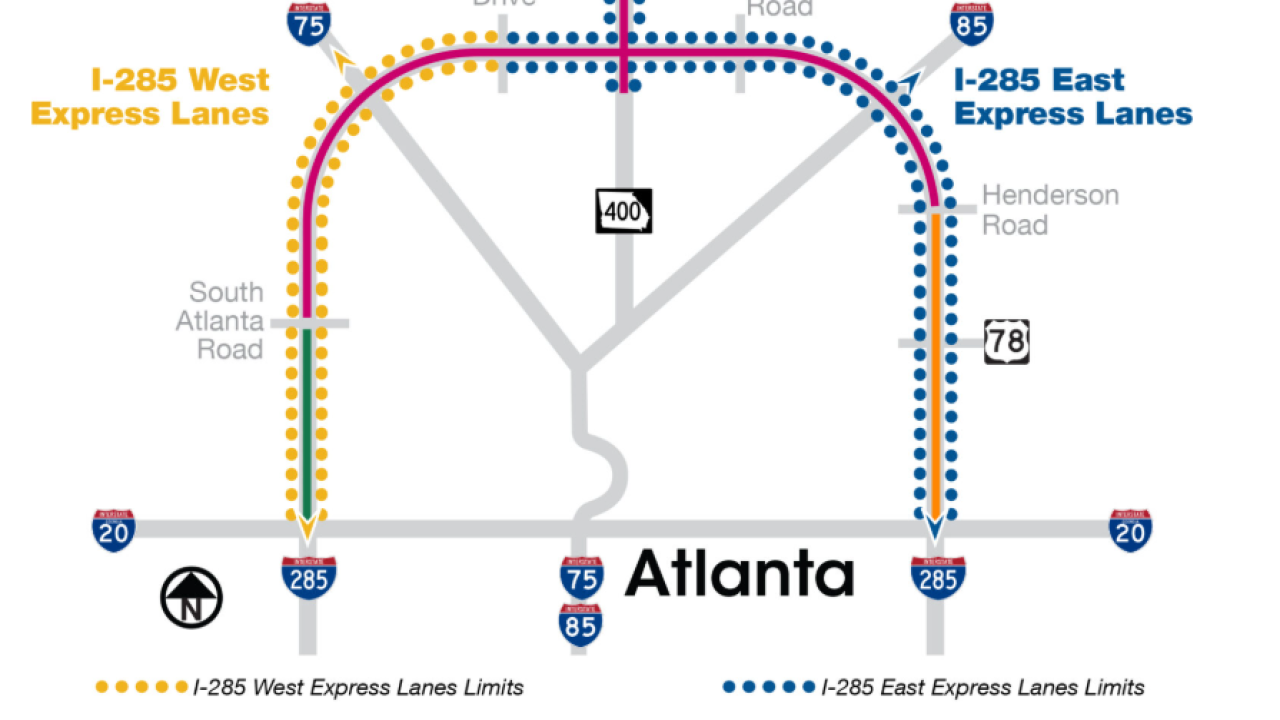Republican senators Thursday urged Transportation Secretary Pete Buttigieg to restore regular funding for a handful of popular transportation grant programs that President Biden's fiscal 2024 budget leaves on the chopping block.
Buttigieg appeared before the Senate Appropriations Subcommittee on Transportation, Housing and Urban Development and Related Agencies subcommittee Thursday to defend Biden's
It was the transportation secretary's first appearance in Congress since the February

Biden's 2024 transportation budget totals $145 billion. Roughly 80% of that comes from advance appropriations already provided by the Infrastructure Investment and Jobs Act. The budget requests $27.8 billion in discretionary funding, a 6.7% increase from the fiscal 2023 enacted level, as well as $80.3 billion in contract authority and obligation limitations and $36.8 billion in emergency-designated advance budget authority.
At the hearing, Republican senators questioned Buttigieg about Biden's decision to "zero out" the Rebuilding American Infrastructure with Sustainability and Equity, or RAISE, discretionary grant program, as well as bridge formula and competitive airport improvement programs.
"Each of these programs has been very crucial to rural communities," said Sen. Cindy Hyde-Smith, R-Miss.
The IIJA, which provided significant advance funding to the programs, was "intended to be supplemental, not intended to supplant the regular appropriations," said Sen. Susan Collins, R-Maine, who was one of the 10 negotiators on the IIJA.
Biden's proposal to eliminate the funding "not only conflicts with Congressional intent but also dilutes the impact and limits the reach of these programs," Collins said.
The RAISE program and others have been "essential" to bridge replacement and port projects across the country, she added.
Buttigieg agreed that the RAISE program is "both popular and highly effective," but said spending constraints drove the decision.
"It's challenging in any budget to make sure the top line conforms with the president's, and the public's, and Congress' expectations about fiscal responsibility," Buttigieg said. "We sought to strike that balance in the right way, ensuring additional funds for projects included in discretionary programs that are very sought after."
Biden's proposal allocates $1.2 billion to the National Infrastructure Project Assistance program, also known as the Mega grant program, noted Eno Center's senior fellow Jeff Davis in a recent webinar on the budget. The administration's prioritization of the Mega program over the RAISE grants reflects its thinking that MEGA grants are more oversubscribed than RAISE grants, Davis said.
With the IIJA funding, the size of the Department of Transportation budget has doubled since 2017, Davis said.





